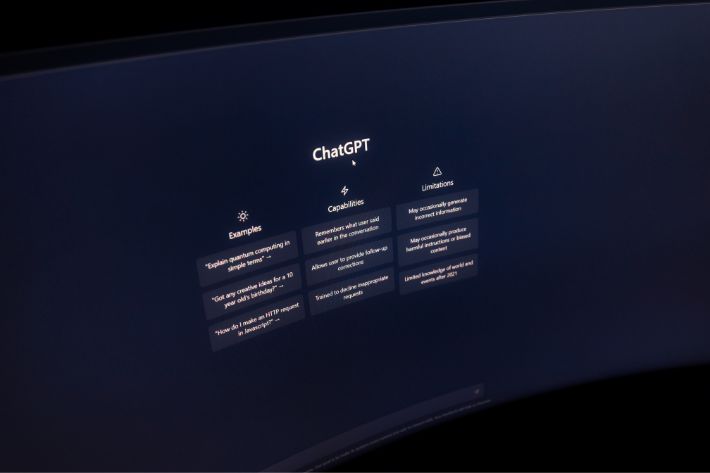As the field of Artificial Intelligence continues to evolve, the next generation of language models, GPT-4, is set to be even more powerful than its predecessors. However, one question remains: how does GPT-4 handle sensitive information? In this article, we will explore the capabilities and limitations of GPT-4 when it comes to handling sensitive information.
1. Introduction
GPT-4 is the next generation of language models that have been in development by OpenAI. This model promises to be more powerful and advanced than its predecessor, GPT-3. However, with this increased power comes a new set of challenges, especially when it comes to sensitive information. In this article, we will explore how GPT-4 handles sensitive information, its capabilities and limitations, and how it ensures the privacy and security of sensitive data.
2. What is GPT-4?
The natural language recognition (NLP) model GPT-4 is a cutting-edge model created by OpenAI. It uses deep learning algorithms to analyze and understand human language, with a particular focus on text-based data. The goal of GPT-4 is to improve the capabilities of GPT-3 and create a more advanced and versatile language model.
3. The Capabilities of GPT-4
3.1 Natural Language Understanding
One of the main capabilities of GPT-4 is its ability to understand natural language. This means that it can read and analyze text data in the same way that a human would. This allows GPT-4 to understand context, nuance, and even emotion in text data.
3.2 Text Completion and Generation
Another significant capability of GPT-4 is its ability to complete and generate text. This means that it can take a prompt or partial sentence and generate a complete sentence or paragraph based on that input. This can be particularly useful for tasks such as language translation, content creation, and even writing code.
4. The Limitations of GPT-4
4.1 Biases
Like its predecessor, GPT-4 is not immune to biases. These biases can arise from the training data that is used to train the model. This can lead to discriminatory behaviour or outputs that are insensitive to certain groups or individuals.
4.2 Privacy Concerns
Another limitation of GPT-4 is privacy concerns. Because GPT-4 is designed to analyze text data, there is always a risk that it may be used to collect and analyze sensitive data. This can include personal data such as names, addresses, and even credit card numbers.
4.3 Ethical Considerations
Finally, there are ethical considerations that need to be taken into account when using GPT-4. These considerations include issues such as accountability, transparency, and fairness. If GPT-4 is used to make decisions that affect people’s lives, then these ethical considerations become even more critical.
5. How GPT-4 Handles Sensitive Information
Despite its limitations, GPT-4 does have several mechanisms in place to handle sensitive information. These mechanisms include encryption, access controls, and data de-identification.
5.1 Encryption
One of the most critical mechanisms used by GPT-4 to handle sensitive information is encrypted. Encryption is the process of transforming data into an unreadable format, making it difficult for unauthorized individuals to access it. GPT-4 uses various encryption methods to ensure that sensitive data is not accessed or compromised.
5.2 Access Controls
Another mechanism that GPT-4 uses to handle sensitive information is access controls. Access controls are a set of policies and procedures that determine who can access specific data and how that data can be accessed. GPT-4 uses access controls to ensure that only authorized individuals have access to sensitive data.
5.3 Data De-identification
Data de-identification is another mechanism used by GPT-4 to handle sensitive information. This process involves removing or obscuring any identifying information from data, making it difficult to link the data back to a specific individual. GPT-4 uses data de-identification techniques to ensure that sensitive data is not associated with specific individuals or groups.
6. Conclusion
GPT-4 is a powerful natural language processing model with the ability to analyze and understand human language better than any previous model. However, as with any technology that deals with sensitive information, it is important to consider the potential limitations and risks. Despite these limitations, GPT-4 has several mechanisms in place to ensure the privacy and security of sensitive information, including encryption, access controls, and data de-identification.
